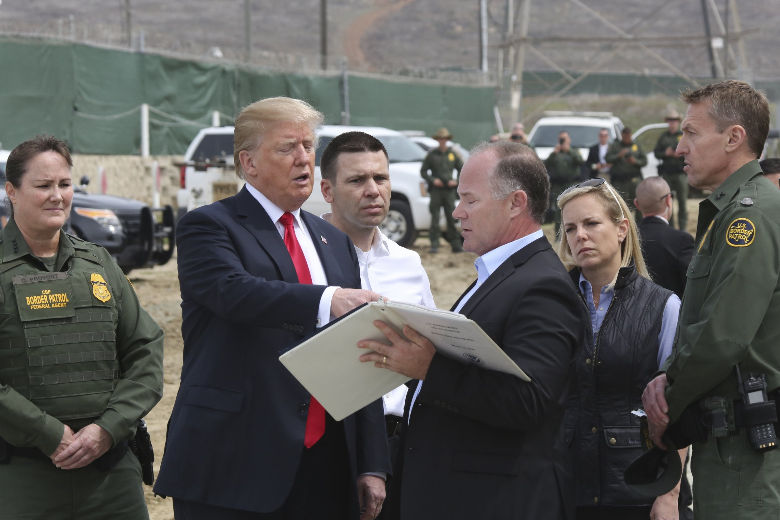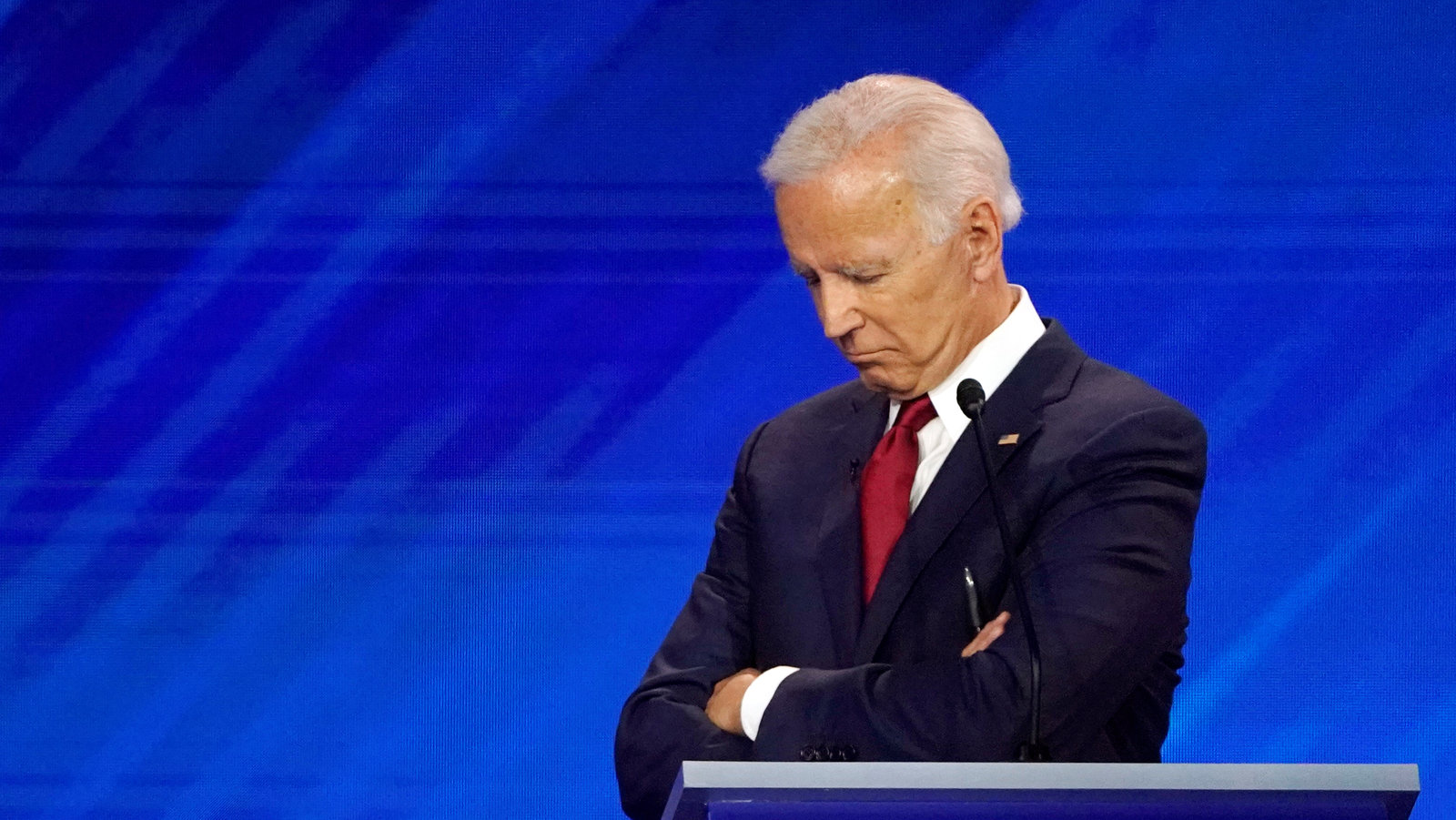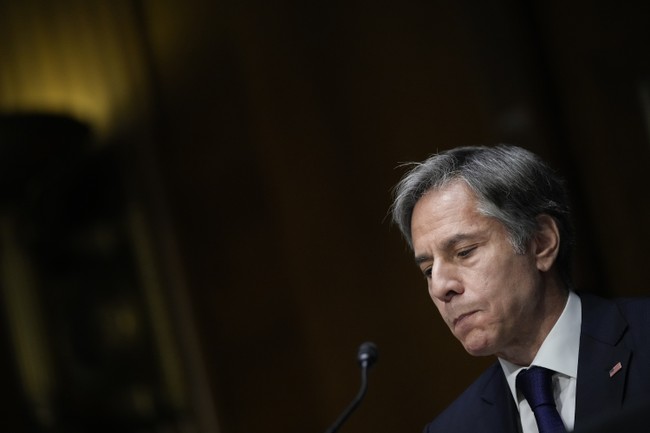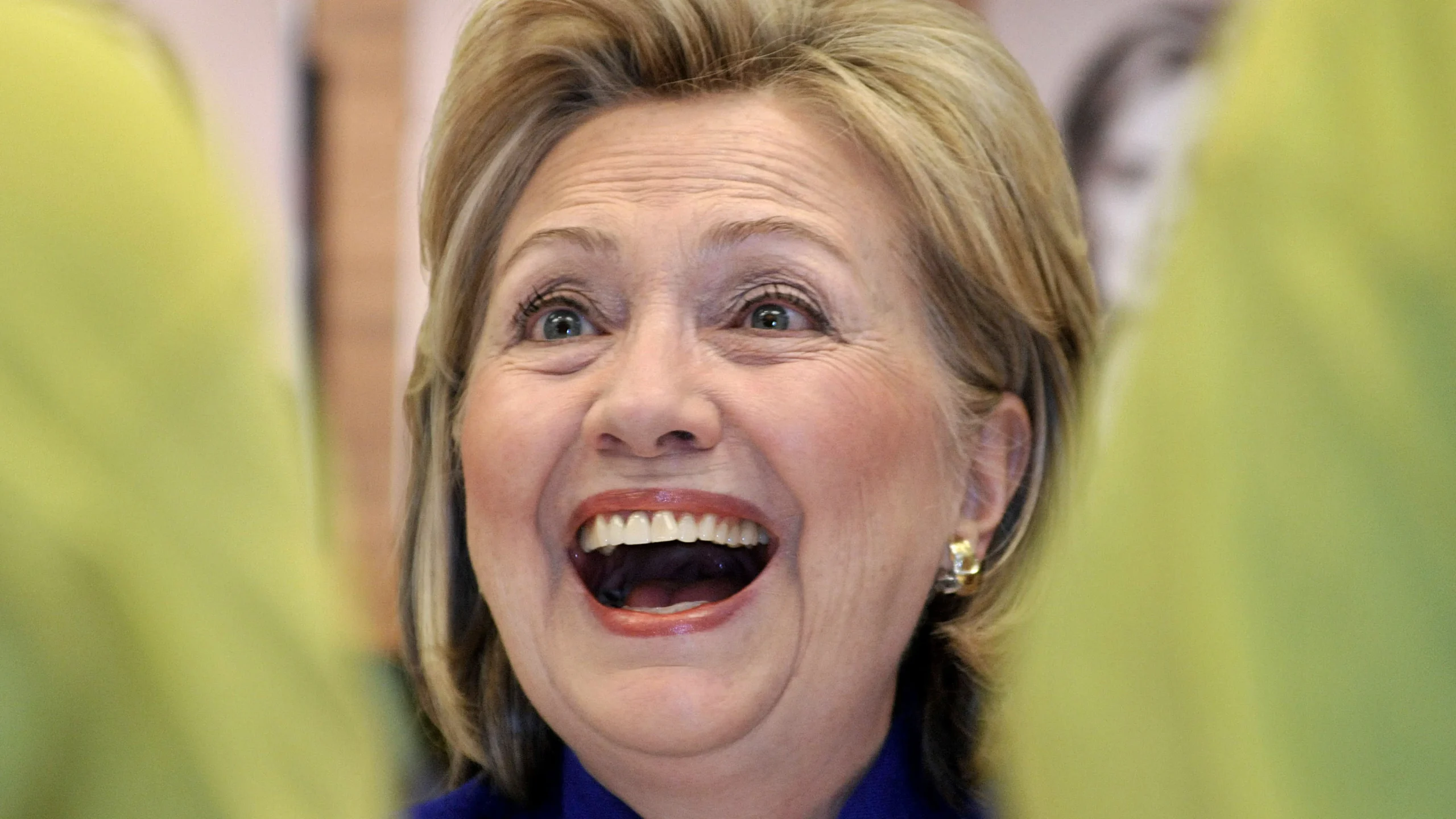Former President Donald Trump has announced a sweeping plan to impose substantial tariffs on imports from Mexico and Canada as part of his strategy to address illegal immigration and drug trafficking. Speaking at a press conference at Mar-a-Lago and elaborating on Truth Social, the president-elect pledged to take immediate action against what he called a “border invasion.”
The bold move, which includes a 25% tariff on all products from Mexico and Canada, is set to be one of Trump’s first executive orders upon taking office on January 20, 2025. “Until the border invasion is halted, we will impose tariffs on day one,” Trump declared.
Trump, 78, justified the tariffs as a necessary measure to pressure Mexico and Canada into taking action against the flow of illegal drugs, particularly fentanyl, and the rising number of undocumented immigrants crossing the U.S. border.
Eric Thompson Show
“As everyone is aware, thousands of people are pouring through Mexico and Canada, bringing crime and drugs at levels never seen before,” Trump stated on Truth Social. He pointed to a large caravan heading through Mexico toward the U.S. border as a symbol of the current crisis.
He emphasized that the tariffs would remain in place indefinitely until both nations demonstrated significant progress in curbing these issues. “The tariff will remain in effect until such time as drugs, in particular fentanyl, and all illegal aliens stop this invasion of our country!” he declared.
Trump urged both Mexico and Canada to exercise their authority to resolve the crisis, describing them as fully capable of stopping the flow of drugs and illegal immigrants. “Both Mexico and Canada have the absolute right and power to easily solve this long-simmering problem,” Trump asserted. “We hereby demand that they use this power, and until such time that they do, it is time for them to pay a very big price!”
The announcement has sparked widespread debate over the potential economic and diplomatic consequences of such a tariff policy.
The president-elect also outlined plans to impose a 10% tariff on Chinese imports, accusing China of failing to curb fentanyl exports despite prior agreements. Trump criticized Chinese officials for breaking promises to penalize drug dealers severely.
“Representatives of China told me they would institute their maximum penalty—that of death—for any drug dealers caught doing this, but unfortunately, they never followed through,” Trump said. “Drugs are pouring into our country, mostly through Mexico, at levels never seen before.”
Like the tariffs on Mexico and Canada, the 10% tariff on Chinese goods would remain in effect until the Chinese government takes measurable action to stem the flow of fentanyl into the U.S.
Trump’s stance on tariffs is not new; it has been a central component of his economic platform. During his campaign, he proposed blanket tariffs of 10% to 20% on all imports and even floated tariffs exceeding 200% on Mexican-made automobiles.
Trump has argued that many Mexican factories are backed by China, making trade relations with Mexico an extension of broader economic tensions with China.
Trending: Black Friday Site Wide Sale On ZStack Products.
Inspired by Dr. Zelenko, backed by Science Your immune system can be weakened by poor diet, lack of sleep, and countless other environmental factors. Explore how our products may help support your body’s natural defenses. Visit: zstacklife.com/?ref=HEALTHY
Use Coupon Code “SAVE30” to save 30% on your order.
Scott Bessent, Trump’s pick for Treasury Secretary, has voiced strong support for the tariff strategy. In a recent op-ed for Fox News, Bessent praised the president-elect’s use of tariffs as both a revenue-raising tool and a negotiating tactic.
“The truth is that tariffs have a long and storied history as both a revenue-raising tool and a way of protecting strategically important industries in the U.S.,” Bessent wrote. “President-elect Trump has added a third leg to the stool: tariffs as a negotiating tool with our trading partners.”
Bessent also noted that Trump’s proposed tariffs could generate up to $2.7 trillion in federal revenue, bolstering the incoming administration’s economic agenda.
Trump’s promise of immediate tariffs underscores his commitment to prioritizing border security and economic leverage in international relations. While his plan has been met with enthusiasm from some of his supporters, critics warn of potential economic fallout, including higher consumer prices and strained diplomatic ties with key trading partners.
For Trump, however, the tariffs represent a clear message to Mexico, Canada, and China: the United States will no longer tolerate inaction on issues that affect American safety and sovereignty.
“On January 20th, as one of my many first executive orders, I will sign all necessary documents to charge Mexico and Canada a 25% tariff on all products coming into the United States,” Trump reiterated.
As Trump prepares to re-enter the Oval Office, his proposed tariffs signal an aggressive approach to tackling longstanding border issues and holding foreign governments accountable. Whether these measures will yield the intended results or spark further controversy remains to be seen.





Mexico is totally dependent on the US for jobs, trade, and some government funding. This statement by her is senseless, once they completely finish building the southern border fence, it will be the US that will then control any movement of trade goods, tourists’ entry, and cross border legal crossings. Lots of Mexican citizens cross border daily for jobs they have in US, also thousands of Mexican children cross to attend schools in border cities(of which American taxpayers’ foot the bill for same). President Trump is not one to play second fiddle to a third-rate country.